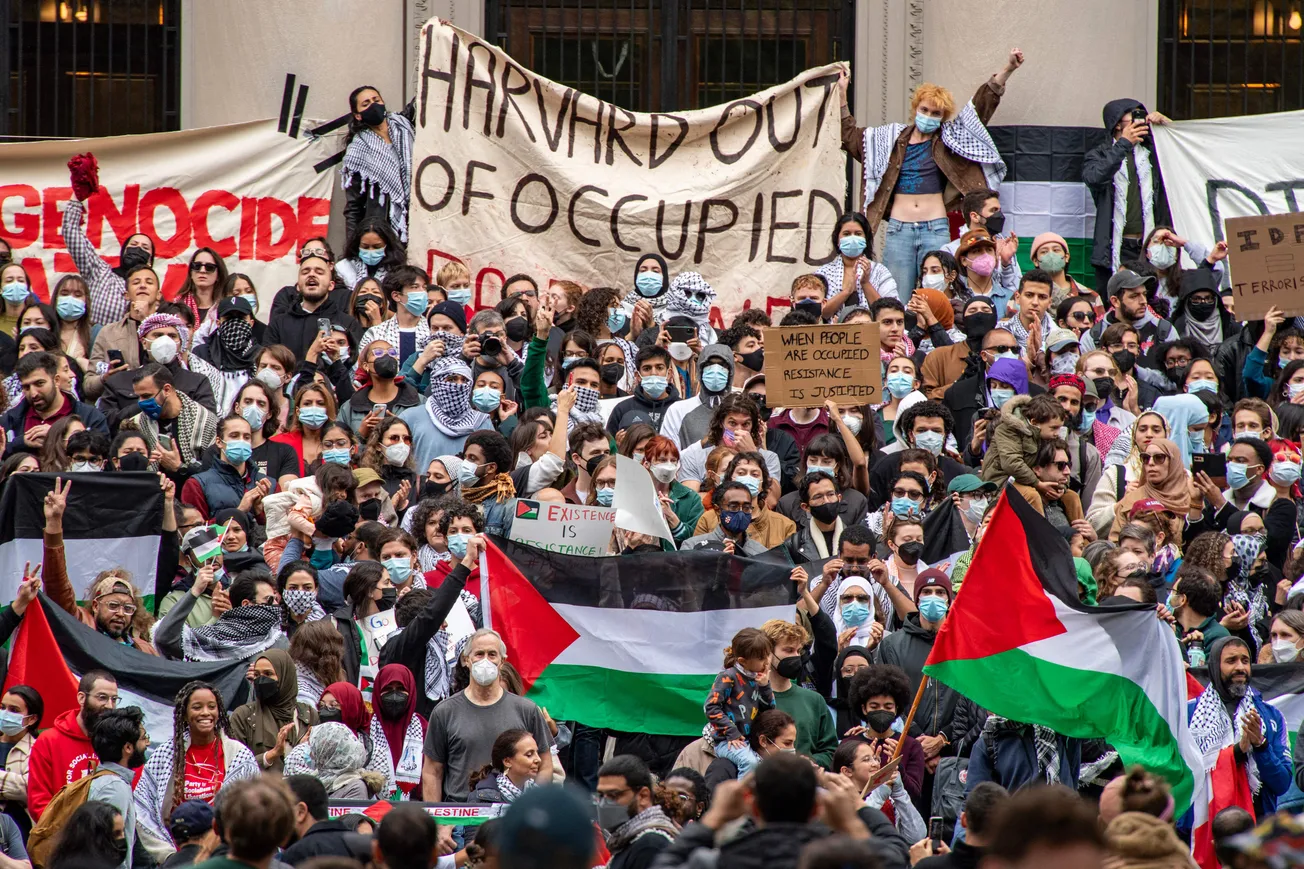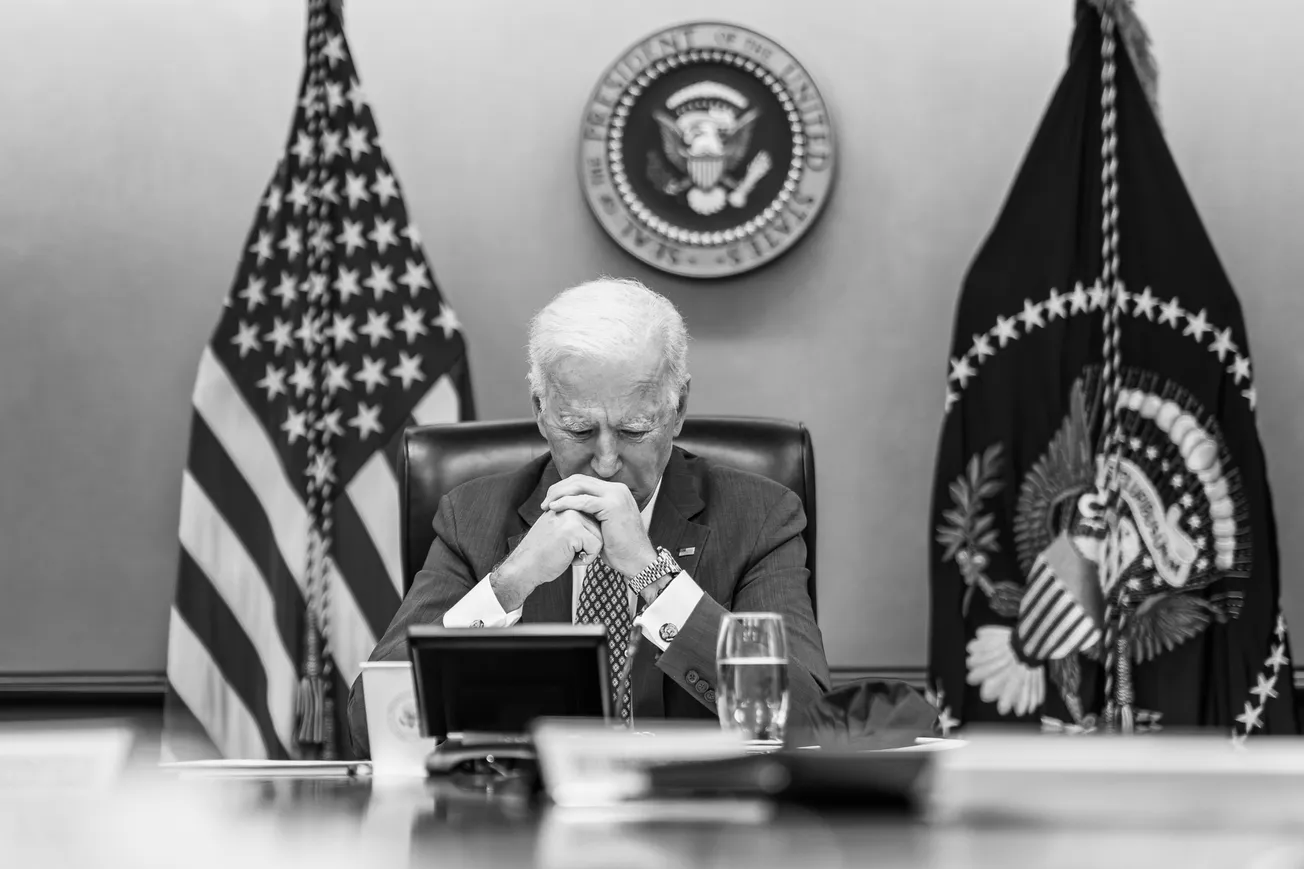Six years ago, Harvard College rescinded admissions offers to at least ten prospective members of the Class of 2021 after those students traded sexually explicit memes and messages that sometimes targeted minority groups in a private Facebook group chat. The students had sent each other images mocking sexual assault, the Holocaust, and the deaths of children.
While the students' behavior was disgusting, the views were expressed in a private group chat, not on Harvard computer systems or property. But, Harvard decided that these high school students' behavior did not merit free speech protections, did not measure up to Harvard's values, and rescinded their offers. When a student's offer is revoked, the decision is final; there's no due process or a chance for an appeal.
After Hamas launched horrific attacks against Israel on October 7 that killed over 1,400 civilians, including children, and involved militants raping Israeli women, parading them on Gaza streets, and holding them hostage, a coalition of more than 33 pro-Palestinian student groups at Harvard publicly posted an open letter saying that Israel was "entirely responsible" for the violence.
The differences in the two incidents were stark. The student groups coordinated their responses on Harvard computer systems and property. Unlike the high school students, they went public with a message that condones human rights atrocities to engage in activism. Yet Harvard has not taken any action on the students in the name of free speech. Cancel culture is evidently a one-way street.
The Left, having perfected its cancel assaults on thousands of people with whom it disagrees, has written a playbook that anyone can follow. That playbook has come back to haunt the ever-ready-to-cancel crowd, as their own weapon is being deployed outside the storied walls of college campuses.
A digital billboard truck drove around public streets on the outskirts of the Harvard campus, publicly shaming those pro-Palestinian students with their names and pictures vividly displayed. Public shaming is a vital weapon in the cancel culture arsenal.
The external backlash spilled over to other Ivy League campuses as an unlikely coalition of actors banded together. A law firm rescinded its offer to three students from Harvard and Columbia. At the University of Pennsylvania, private equity billionaire Marc Rowan lobbied others to stop donating funds, calling on "all UPenn alumni and supporters who believe we are heading in the wrong direction to close their checkbooks."
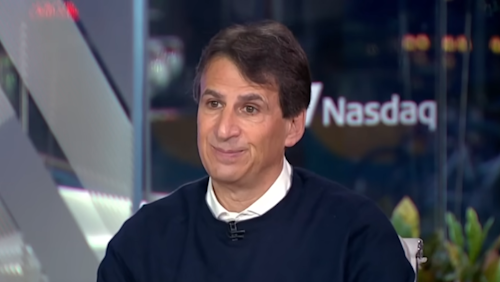
America's cancel culture has ended the careers of thousands of talented individuals - with little chance of redemption - for expressing their views in a manner not aligned with the overall public narrative. The culture boycotts an individual who has shared a questionable or controversial opinion and has sent chills down the spine of many free speech advocates.
During the BLM protests after George Floyd, Stan Wischnowski, the top editor of The Philadelphia Inquirer, was forced out because he was held responsible "for the placement of an insensitive headline" over a colleague's column. The headline said, "Buildings Matter, Too," to describe the effects of civil unrest on Philadelphia's vaunted buildings. These words were deemed offensive to the Black community because they played on the "Black Lives Matter" theme and conflated the oppression of African Americans with inanimate objects. A 20-year newspaper veteran, Wischnowski had been credited with leading its business revival and that of its sister publication, the Philadelphia Daily News. That entire career was gone in an instant.
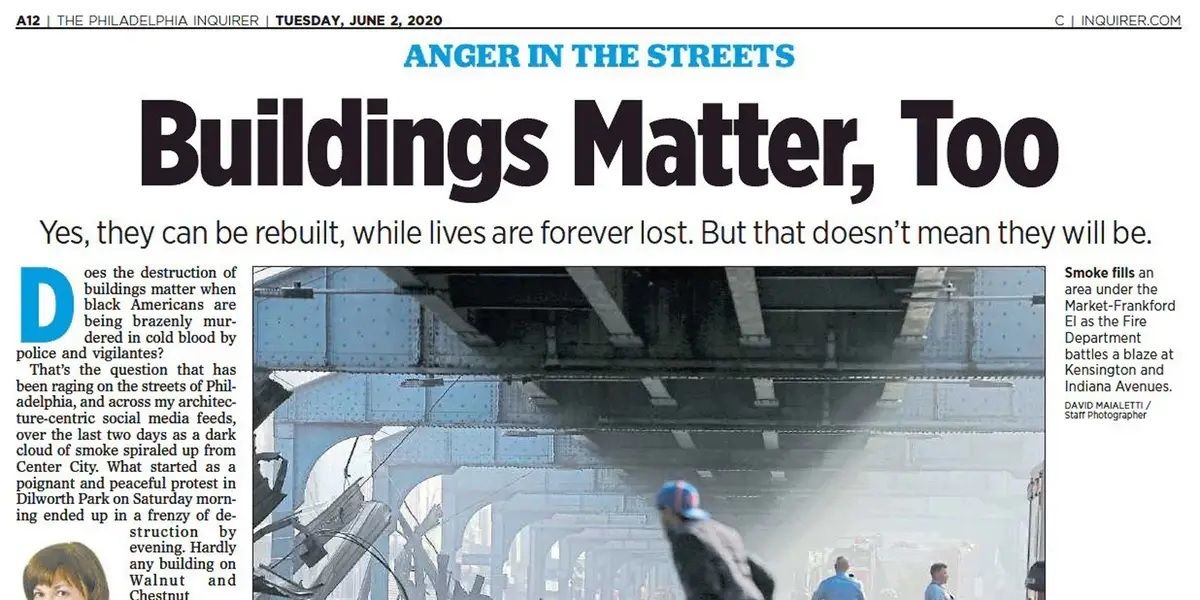

During the same riots, Sen. Tom Cotton, an Arkansas Republican, wrote a New York Times op-ed titled "Send in the Troops." Cotton was reacting to violent protesters who had damaged part of the U.S. Treasury building and burned down part of a 200-year-old church in front of Lafayette Park in the White House annex. Cotton argued in the op-ed that the first responsibility of the government is to protect life and assets - and should it be necessary, as a last resort, the President has the authority - under the Insurrection Act - to call in the military. Cotton said this had been done in California in 1992 and even earlier, in his state of Arkansas, in the 1960s.
The extremely elaborate editing and fact-checking process - lasting over 48 hours and multiple revisions between Cotton and the New York Times - ultimately ended in the piece appearing on the paper's website. Soon after, many staff members and readers complained that the article was in bad taste because the NYT was condoning a "highly offensive" idea - of using massive force against protesters who were organizing against the abusive police force in Minneapolis.
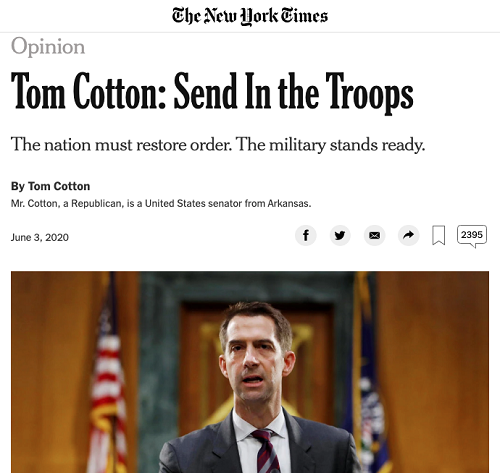
Initially, the Times' management team defended the article as one that allows opposing viewpoints to be aired. But by the evening, the paper began to walk back its support by strangely arguing that the article did not meet its editorial standards - after it had passed editorial muster just the previous day. The next day, many staff members revolted against the management - and soon, the publisher apologized, saying that the piece should never have been published. James Bennett, the opinion page editor, resigned the next day.
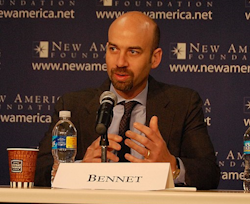
Back on the Harvard campus, one of the students who had been doxxed complained to the New York Times: The students had to contend with “people’s lives being ruined, people’s careers being ruined, people’s fellowships being ruined.”
The cancel culture chicken has come home to roost.
We could use your help. Support our independent journalism with your paid subscription to keep our mission going.

